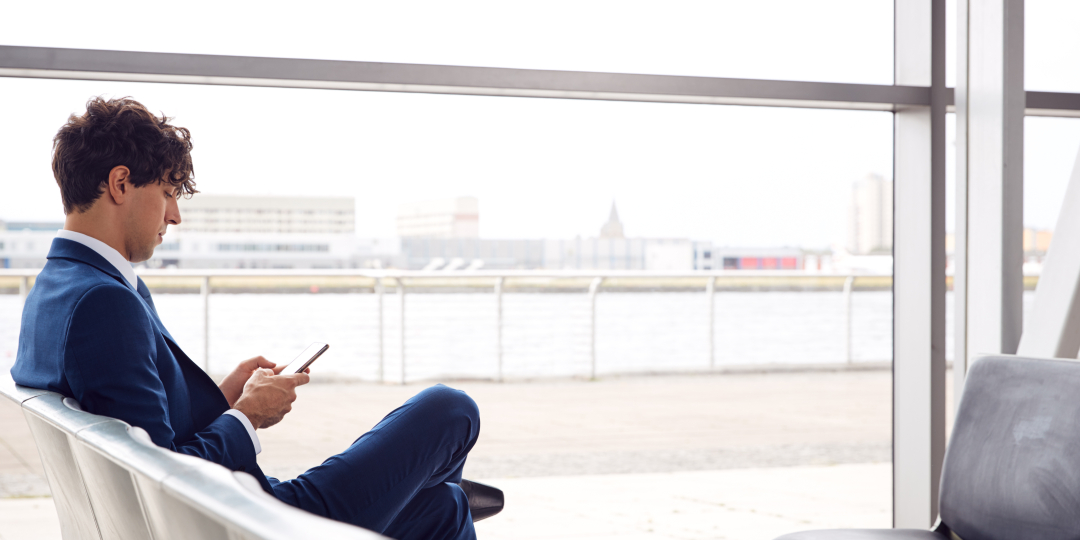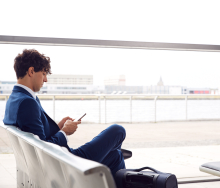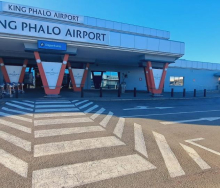Business travel is back, with one key difference. Now, employees are prioritising wellbeing and work-life balance. They are demanding more consideration of their mental and physical health during business trips and corporates who do not take cognisance of this desire could lose those employees.
Research from Travelport published in February 2024 reveals that the majority of employees who experience greater flexibility in their working lives with the rise of remote working expect a new level of freedom, flexibility, and personal time while travelling for business. 35% of business travellers surveyed said that their biggest priority in business travel is having options to support wellbeing and productivity. Meanwhile, 87% of workers said they would consider leaving a company that does not prioritise their wellbeing.
Monique Swart, founder of the African Business Travel Association, agreed that people are striving for a better work-life balance since COVID.
“Soon after the world opened up again, conversations in the corporate travel industry were around travellers being far more selective as to how and why they travel. Red-eye flights were often simply refused, as many meetings as possible still took place online. Overall, people had far stronger criteria – either for themselves, their loved ones or their companies – on what business trips were really necessary,” she said.
According to the Advantage Travel Partnership Global Business Travel Review, business travel volumes will ramp up again this year. The review predicts that corporate travel will return to pre-pandemic levels in 2024 and in this boom in business travel, businesses are taking greater care of wellness and mental health.
“It is well-known that travelling can impact diet, exercise routines, risk lethargy, jetlag and discomfort when conducting important work meetings,” said Flight Centre Travel Group. GM for Corporate Traveller and FCM Travel Bonnie Smith said: “Employers have a duty of care to ensure their teams know how to keep themselves safe and well when travelling.”
Businesses and TMCs are responding to this demand with more personalisation for corporate travellers and a focus on employee wellness, said Robyn Christie, travel industry consultant and board member of GBTA.
“Certainly from a GBTA perspective, we are talking about it a lot more,” she said.
Swart said that some companies are doing a better job than others in this regard, and there are still companies that place profits over people, but many are doing a great job prioritising wellness.
“One of our member companies has a travel wellness dashboard, and before every trip, travellers have to login and be measured as to their ‘wellness’ to travel. In this way, the company can monitor how many trips a traveller has taken, how likely they are to start feeling a level of burnout, how mentally strong they are feeling to deal with travel stress and so on,” she said.
In addition to avoiding stress and burnout, Christie said that she has seen this trend manifest itself in an increased sensitivity towards corporate travellers who experience mental illnesses such as depression and anxiety.
“Travel managers have a huge role to play in catering to travellers who are anxious, suffering from depression or are unhappy going into an environment with lots of people or getting on a plane where they don’t feel comfortable,” said Christie.
She added that travel managers very often have a clause that asks travellers to specify if they have any issues, big or small, so that they are aware of it and don’t put travellers into situations where they are uncomfortable, such as in a middle seat or travelling on a particularly busy route.
Christie said the industry is also more cautious about sending travellers to destinations that would make them uncomfortable or threaten their safety.
“If a traveller’s belief system is contrary to the place that they’re going to visit, that can cause immense stress and strain. Also, in terms of LGBTQ+ travellers, we need to be sensitive about sending travellers to certain countries where they may not be safe. We send lots of people into areas in Africa, and this has been a problem in the past,” she said.
While the industry is showing a trend of catering to the well-being of corporate travellers, Swart expressed concern that this trend will not last.
“For the most part, I don’t think this trend is going to get as much traction as we would like to see, as I don’t think companies realise the impact of fatigue on productivity, or look too closely at the wellness of their staff. Once this does happen, I believe it will be a far more prevalent trend that is hopefully here to stay,” she concluded.














